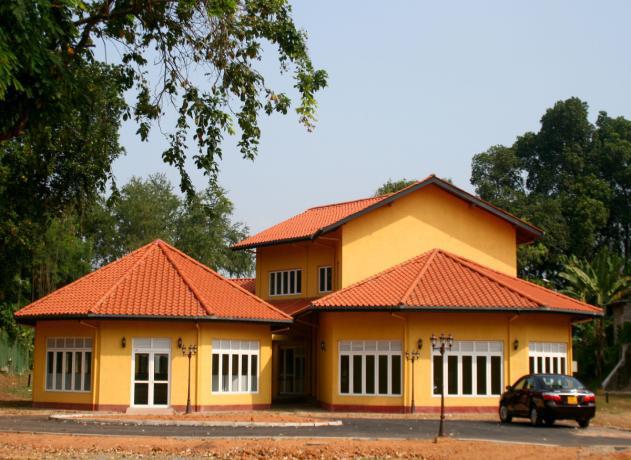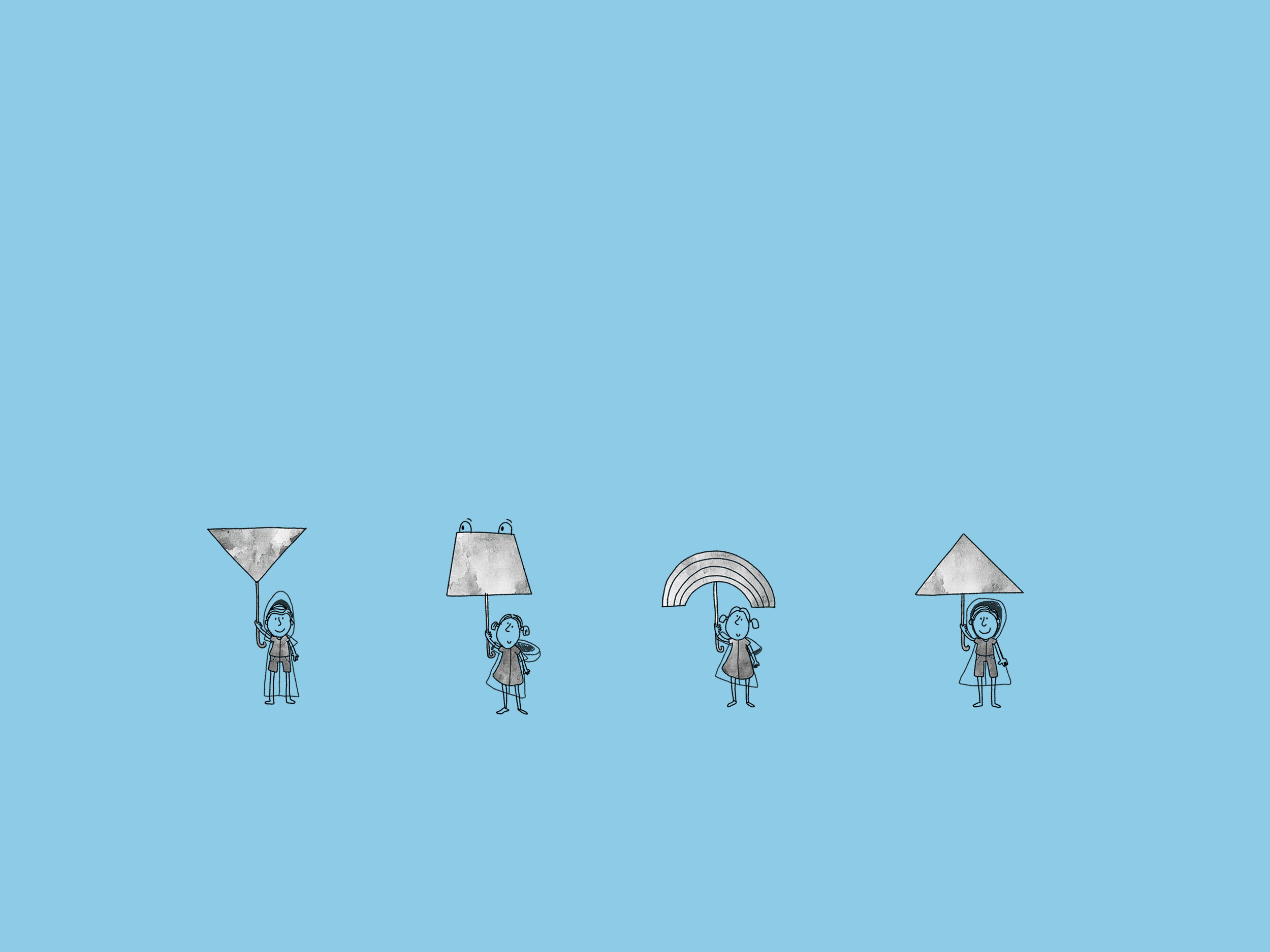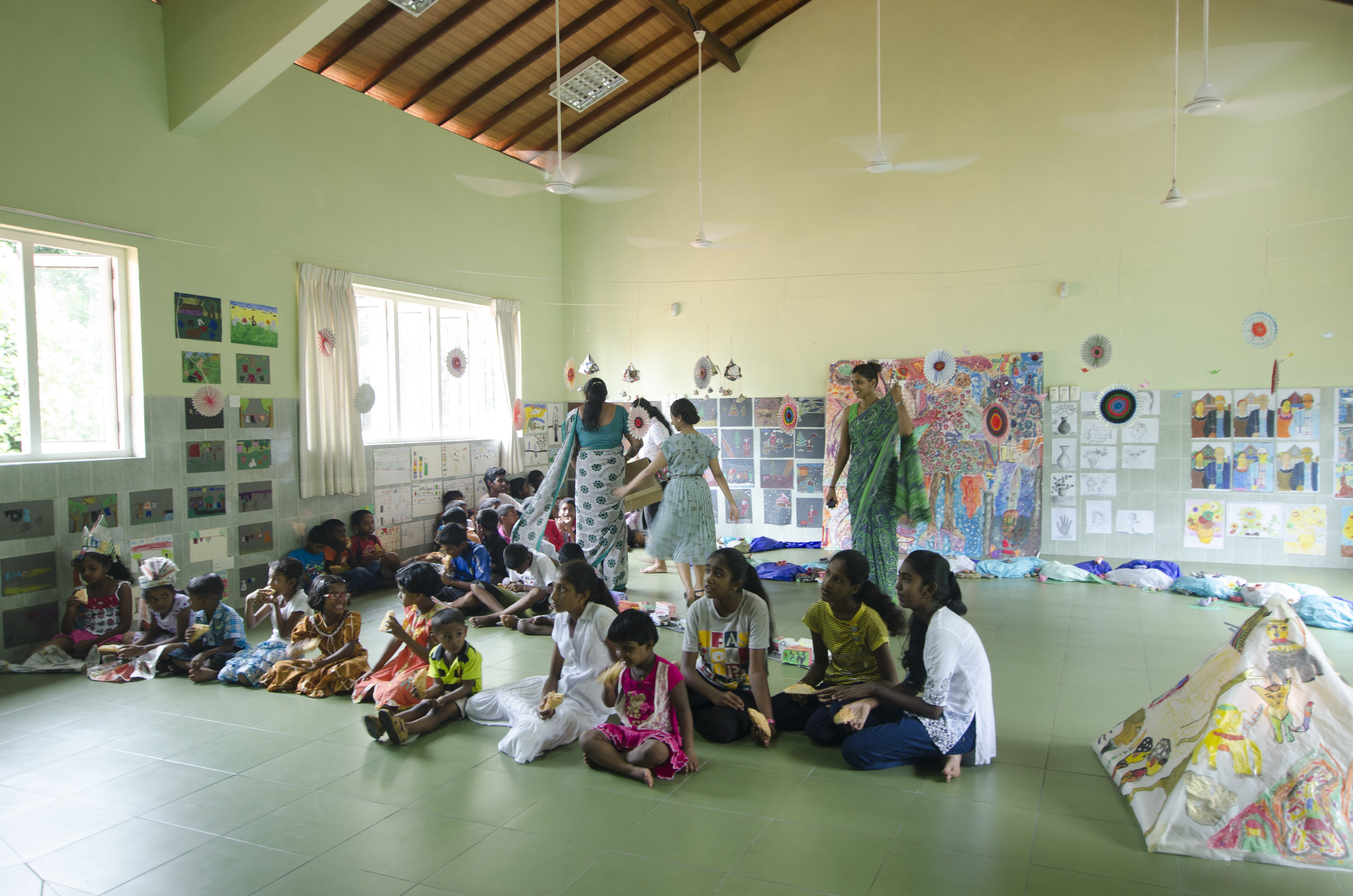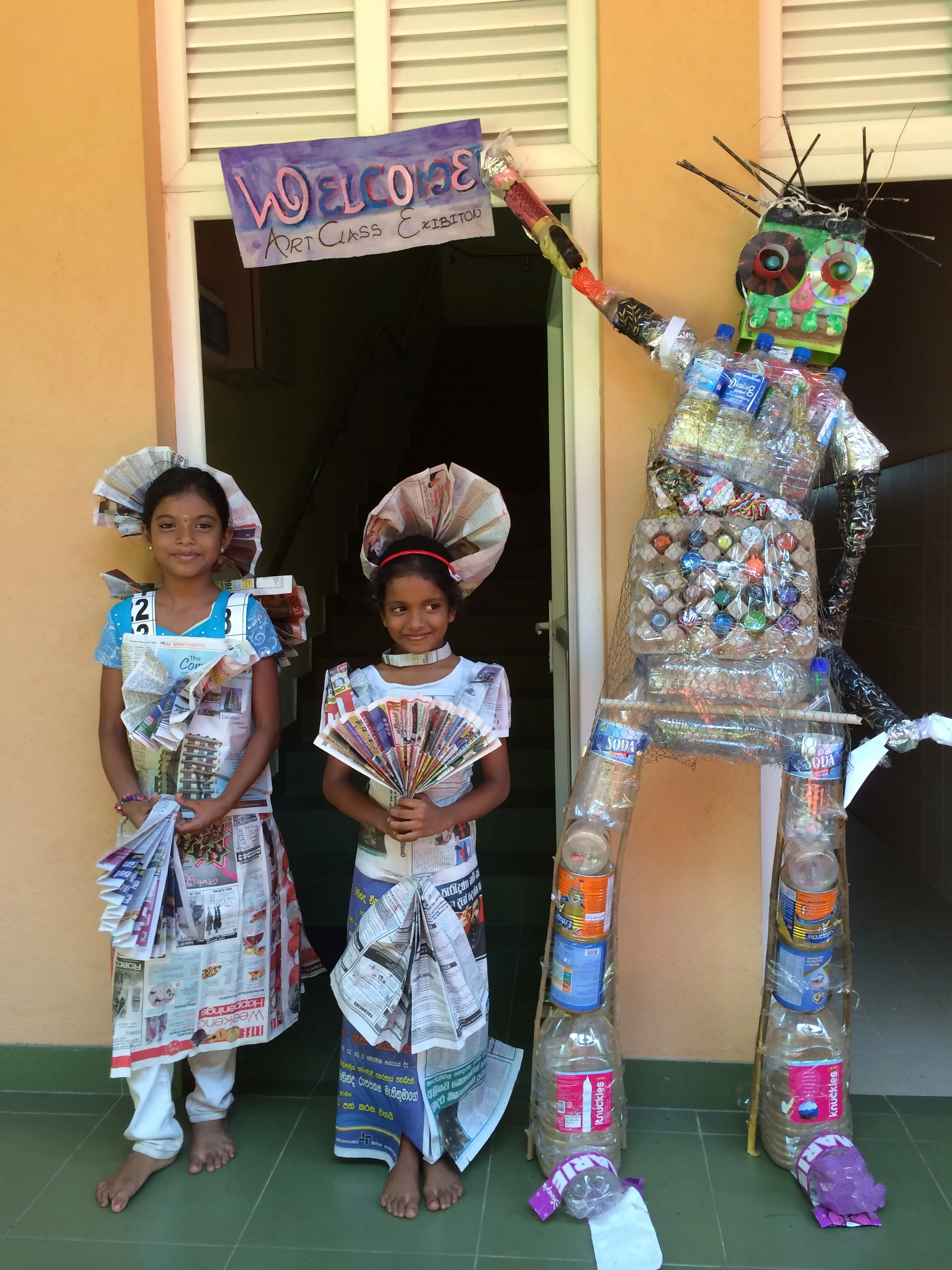

Sunday Art Class
Let’s Build Great Things!’ is an art education project that focuses on context specific, materially resourceful design based education for children aged 5-16, who regularly attend the ‘Building Hope’ Children’s center. Set in Nagahaswatte, a diverse informal community within the bustle of Colombo, Sri Lanka, our students are predominantly from adjacent low-income urban areas.
Since The Building Hope children’s center inaugurated in 2012, the weekly ‘art class’ has been the only class that was held consecutively for 8 years. After a brief pandemic hiatus, the class resumed in 2022, and is led by creatives with backgrounds in architecture, art, IT and graphic design. The class has now expanded to include volunteer teaching assistants; past students from within the community of Nagahaswatte. We hope to eventually expand beyond this Children’s center and to reach students across Colombo, then Sri Lanka.



The ‘Building Hope’ Children’s Center
The Building Hope Children’s center was Initiated in 2004 and completed in 2012. Funded for by the Leeds Metropolitan Council (UK), it was part of their Tsunami relief efforts. It is situated at the end of a long and narrow street in Nagahaswatte, and is administered by the Colombo Municipal Council.
The children’s center is of crucial value to the community it serves, aiding urban working parents of childcare burdens.
This building was the outcome of this generous initiative. But what happens in it?
"Young children learn through experiences, constructing information information for themselves by manipulating physical objects, with teachers as guides rather than sources of information.”
— Jean Piaget

Making and Building
The widespread popularity of the maker movement justifies ‘making’ as a progressive way of learning. In this setting, ‘making’ means the creation of 3D objects with the use of simple and available methods. We attempt to ensure that student’s projects are connected with meaningful problems, either at a personal or community level.
People
Current:
Kavithi (2024-
Prashansa (2024-
Krishanka Ramakrishna (2024-
Dhatshayeni Karthigesu (2024-
Dhilashini Karthigesu (2024-
Tameez Bohoran (2023-
Annette Klockenbusch (2023-
Mindula Mevan Perera (2023-
Dasuni Hettiarachchi Liyanage (2023-
Elina Desilva (2023-
Sathmi Keenawinna (2022-
Oneli Dehansa Wickramasekara (2022-
Avanthi Seneviratne (2022-
Piyumika Madurangi (2022-
Suren Surendran (2018-
Ranitri Weerasuriya (2013-
Neranjala Malkanthi (2012-
Pramila Weerasekera (2012-
Previous:
Arani Akmeemana (2023-2024)
Ashwini Ponnamperuma (2024)
Ruwanmalee Dissanayake (2023-2024)
Tharshika Sivagnanasunderam (2022-2024)
Lakmal Madhuranga (2023)
Ayesh Hallawaarachchi (2022)
Ama Ranasinghe (2022)
Ayuni Ranasinghe (2022)
Methmi Gamage (2022-2023)
Pulith Jayaratne (2022)
Supuni Jayawardene (2022)
Eresha Weerasuriya (2018-2023)
Aadithya Jayasseelan (2019-2020)
Rajitha Gamalath (2019 -2020)
Hashviena Devaraj (2019-2021)
Vishvajith Devaraj (2019-2020)
Aishi Jayasinghe (2018-2019)
Kavya Rajawasan (2019)
Saakya Rajawasan (2018-2019)
Sahani Gunasekera (2016-2020)
Erandi Amarasinghe (2014-2016)
Shayari de Silva (2012-2013)
“I was initiated to volunteer at the Children’s center as an art teacher in 2013. Gradually, as I learned from the children and their context, I began to cater several classes that extracted from my own background in architecture. To me, these classes proved to be the most fruitful as well as generated an excited response. These projects were larger, hands-on and spanned over several classes, where virtues such as teamwork, negotiation, planning and leadership were inevitably demonstrated. These children belong to a community that deal with a very complex network of urban and social negotiations. I hoped that these classes would eventually prepare them to negotiate their own environments with confidence.”
-Ranitri, past volunteer teacher
‘Being able to share that experience with others is very rewarding and especially when you see someone do something very different with a very basic outline, I do feel proud that I was able to be a part of helping them grow.’
- Avanti Seneviratne, Volunteer teacher
The ultimate goal of this program is to empower children to voice their opinions and act on their ideas; to become self-initiated change makers rather than to wait on a ready made solution.

What we are trying to achieve:
Our lessons use architectural/design pedagogy as a tool to empower children to become agents of social change. Through trilingual documentation, this project hopes to advocate for the relevance of sharing design knowledge, and encourages design professionals to share their expertise with children.
Through simple questions and fun exercises, we hope to build on teamwork and discussion to gradually encourage critical thought. The role of volunteers are as facilitators rather than instructors. Ultimately, we hope that in the future, the students themselves will initiate projects that can be undertaken in the latter sessions.
We’re not there yet, but we will.












